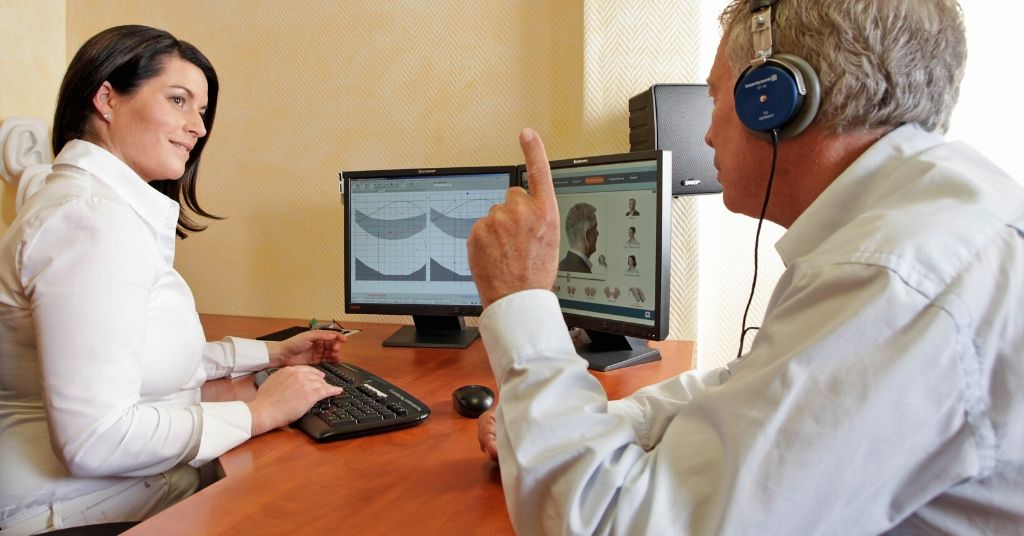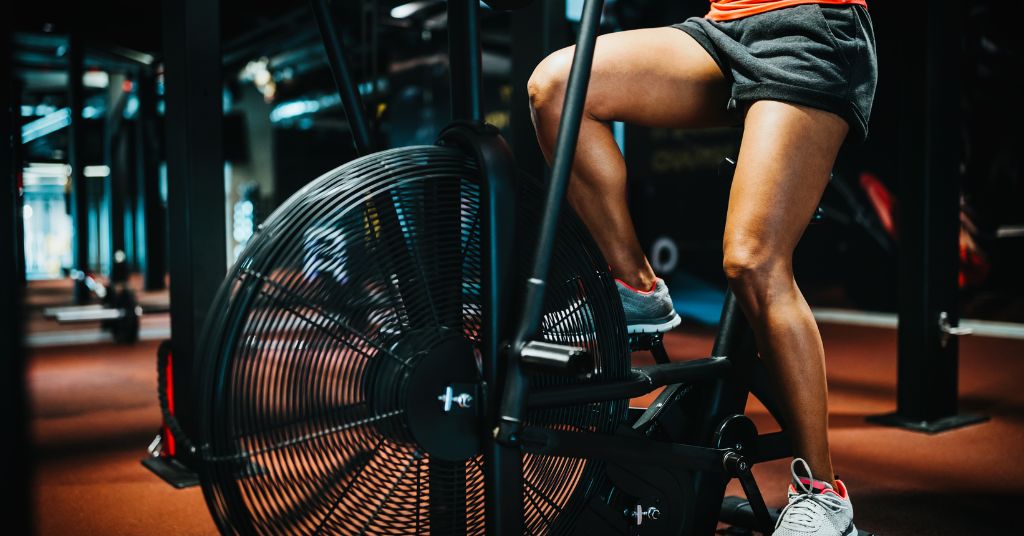
British Sign Language Act 2022: What will it change?
February 28, 2022
Phonak releases new Virto Paradise hearing aids
March 7, 2022Safe listening: Protect your ears

Hearing is one of the most magical and complicated senses humans have. Our ears are beautiful tiny pieces of engineering converting differences in air pressure into perceptions of sound. Yet, we as a society do not have a basic understanding of how these sound pressures can damage our hearing. Safe listening is important; protect your ears.
Hearing Care Education
Using hearing protection is key to safe listening. According to the World Health Organization, one in four people is projected to have hearing problems by 2050. That’s 25 percent of the population. One of the major factors that affect hearing health is lack of proper hearing care education. Why don’t we stare at the sun or why don’t we go to the beach without wearing sunscreen? If we follow the same principle, why don’t we wear hearing protection when we are going to a show knowing is going to be loud? Or why do we have our headphones embedded in our ears for a good part of the day?
Read more: Hearing Protection
Hearing Damage Can Happen Quickly
Hearing damage can happen in seconds depending on the intensity, proximity, or even frequency of the sound. Without getting too technical, a rock concert can get up to 115 db. It is known that safety exposure to that level of sound is only one minute. After that, there is a chance you are doing some permanent damage as hearing doesn’t regenerate.
I get it. Live music is great! It releases endorphins and make us feel alive. But why play this game that could have devastating consequences like hearing loss or tinnitus?
Read more: The Do’s and Don’t’s of Going to a Concert with Hearing Loss
Safe Listening
Have you ever come back from a night out with some ringing in your ears? Even if you’re lucky enough for it to go away after minutes, hours, or a few days? This is normally the first sign you are doing some damage to your hearing. If this happens frequently, there is a chance you will have permanently damaged your hearing and developed what is called “Tinnitus.”. Listen to the signs and take action!
If you like going out to noisy places, there are few things you can do. One is to maintain a distance from the speakers or to take regular breaks. If you are not sure about risky sound levels, learn about sound levels and download a decibel meter to your phone. Take it easy the next days after you have been out to give your ears some time to recover.
60/60 Rule
If you are a headphone user, apply the 60/60 rule: No more than 60 percent of the volume for no more than 60 minutes at a time. Invest in good quality headphones, preferably with active noise cancellation.
Read more: Who is at risk from noise-induced hearing loss?
Hearing Protection
Part of the issue with hearing health education is the stigma surrounding hearing protection, which is seen as uncool or somehow diminishing the audio quality. As a DJ, I used to think that louder was always better. In reality, it is not. It’s all about adjusting your brain. In sound production, there is a technique that requires you to listen and mix at the softest possible level. In this instance, the brain becomes super sensitive to sound. The differences in frequencies and volume become obvious so you can have a better mix in music. This shows that it is possible to change our collective idea as a society about sound levels and turn the volume down a notch.
Read more: My experience coping with tinnitus
Don’t Learn the Hard Way
Unfortunately, for most people with hearing damage, we learned the hard way. We often don’t realize the damage we are doing until it’s done. Nevertheless, it is never too late to start protecting your hearing and find good hearing protection. If you are concerned with the quality of sound as I am, there are good earplugs that reduce the volume overall without making the music sound muffled. In fact, the sound is better with them, especially at venues without a good quality sound system.
Read more: Hearing protection
Prevent Hearing Damage
The reality is that we live in an industrialized society, therefore we are constantly exposed to sound from various sources. It is inevitable. So, the best way to prevent hearing damage is to be diligent about it. If you think something is too loud turn it down, wear hearing protection, or move away. Use intuition and always remember, if you want to hear for life, listen with care!



